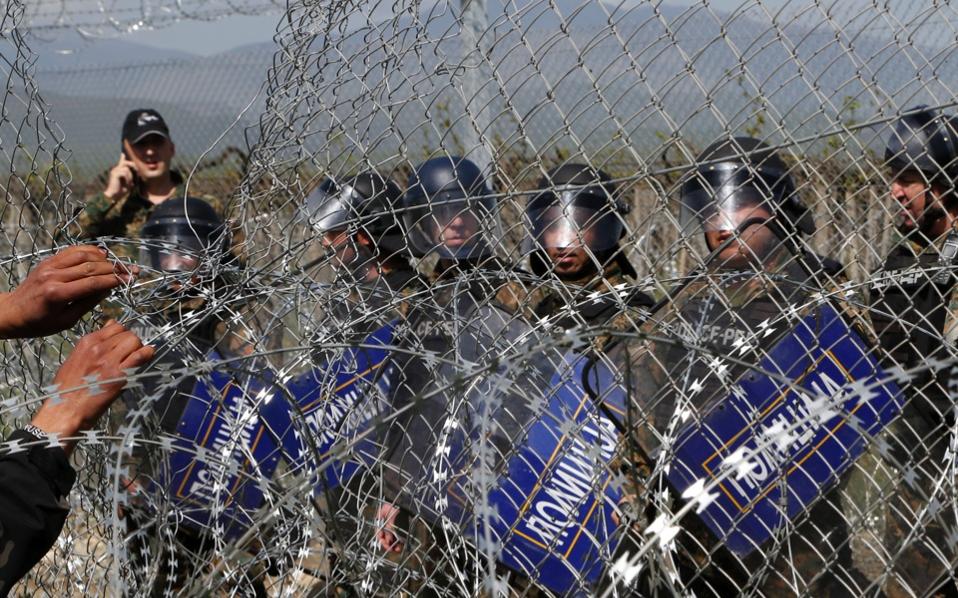Rubber bullets, ersatz sympathy
COMMENT
In the years between the fall of the Berlin Wall and the present raising of similar ones, a number of former communist and present totalitarian regimes have shown how hard it is for them shed the logic of authoritarianism and suppression that helped keep them organized in the past. Even though they fought for it, they seem to have trouble enjoying democracy in its totality – democracy, that is, which recognizes the rights of minorities, protects the weak, keeps nationalism in check and prevents discrimination.
Many countries of the former Eastern bloc, even those that were on its periphery or did not have a close relationship with Moscow, are showing a certain difficulty in swallowing the culture of individual rights and liberties. Particularly in regards to their stance toward refugees, it seems that the purported driving forces of internationalism and humanism were nothing more than counterfeit constructs of state rhetoric.
This past explains, to a degree at least, the level of violence used by the police in the Former Yugoslav Republic of Macedonia (FYROM) on Sunday to quash the desperate attempt by a few hundred refugees to cross the border from the makeshift camp at Idomeni in northern Greece. We must also add the fact that the leadership in Skopje feels that it is sitting a test for the European Union’s big powers. It is mainly, of course, trying to prove itself to Austria – whether that country is acting alone or as a lever of its close friend Germany, which prefers to remain in the shadows or, rather, basking in the glory of Chancellor Angela Merkel’s early pro-refugee declarations.
What is basically happening is that the EU is dumping a problem that is entirely its own and for which it ought to find a solution, on FYROM’s weak shoulders. What’s more, the EU has a duty to solve the problem in a way that does not entail walls, chemicals and rubber bullets.
By choosing to act without morality, by tacitly offering exchanges to FYROM and openly buying out a country as obviously undemocratic as Turkey, which has not ensured any rights for the “returnees,” Brussels has demonstrated the falseness of the sympathy it so loudly expresses for the refugees and its humanitarian claims.
However, equally false are the sentiments of solidarity expressed by those, under whatever self-glorified name they come, who insist on using the refugees in order to collect funding for themselves, as certain accusations have suggested, or as a critical mass that allows them to feel that they’re doing something great. The obsession with confrontation and fragmentation that rules them, compels them to treat people like a commodity, if not a herd. That said, what do those who accuse them of being cynical power-grubbers have to show for themselves?


No comments:
Post a Comment